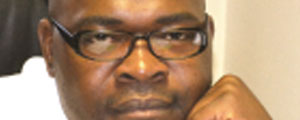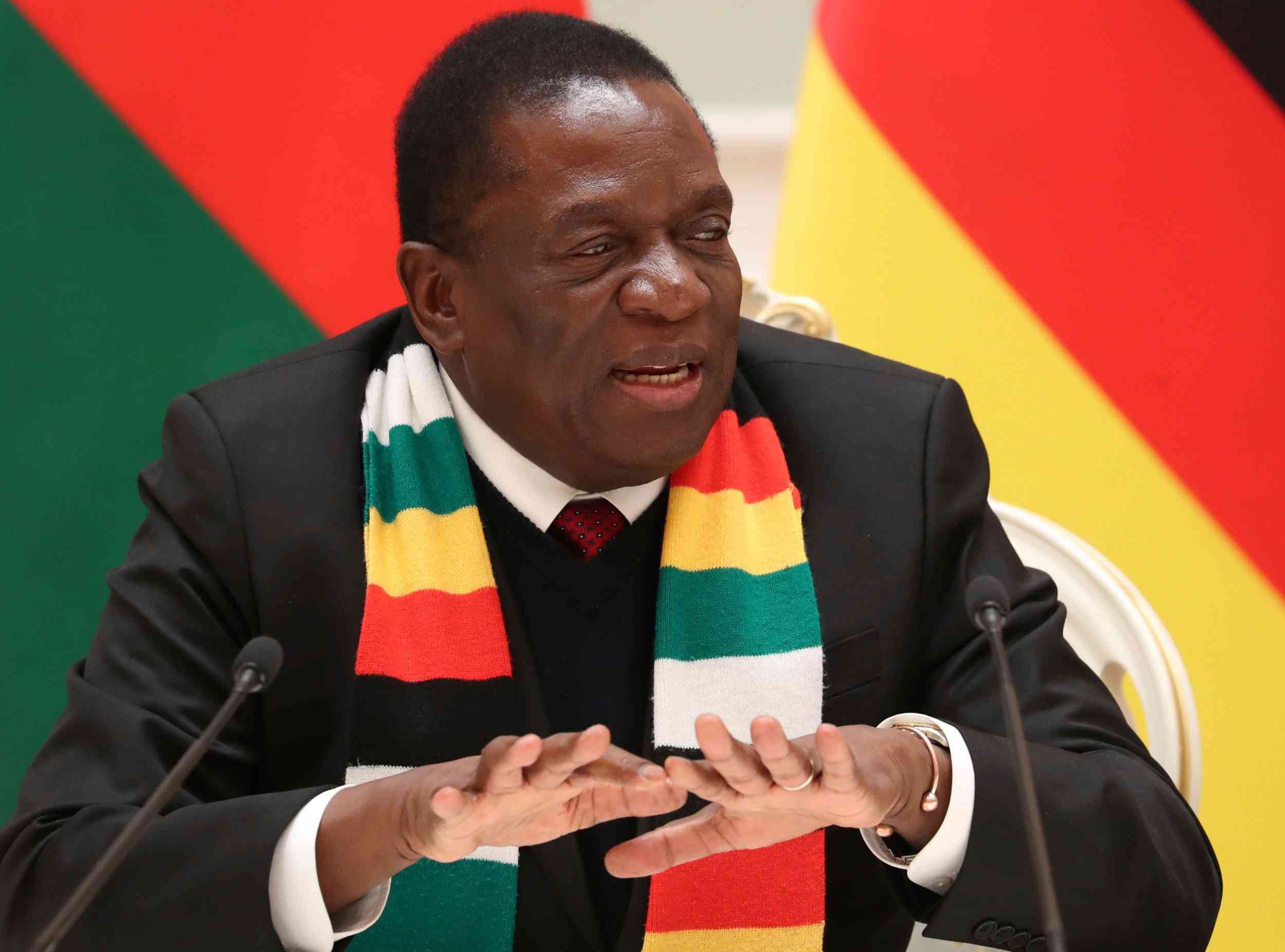
Ethiopia has not been a good example over the decades despite priding itself of not having been colonised.
DEVELOP ME WITH TAPIWA GOMO
There are number of reasons why the world may not have fairly judged Ethiopia, some of which include the 1984 drought, the incompatibility of their governance to those of the generally acceptable standards.
As much as the Western intellectual machinery has imposed the lenses through which we view governance systems, an unquestioned conclusion has been imposed on them and that such governance system is responsible for the high poverty and suffering of Ethiopians. Western scholarship teaches us that leaders must leave office at a certain period of time to allow the country to develop.
The ability for countries has been so much tied to the concept of leadership change and not change of policies on the presumption that new leaders will bring new ideas.
That narrative has remained unchallenged for many decades despite many examples to the contrary.
For that same reason African countries have become dust grounds for destructive elections, even when sometimes elections are not necessary.
But that democratic checklist must have election to be endorsed as a democratic country. Time and resources, which could be used for development projects, have been spent on running elections with politicians spending more time scheming for the next election than develop their countries.
- Chamisa under fire over US$120K donation
- Mavhunga puts DeMbare into Chibuku quarterfinals
- Pension funds bet on Cabora Bassa oilfields
- Councils defy govt fire tender directive
Keep Reading
Over the past two years, I have been privileged to pass through Ethiopia after every two months.
The Ethiopia I saw seven years ago is different from what I see today. Then it was a country that was marked by images of poverty, lack of order in the city and stagnation. Today, there are major highways that cut through different parts of the city. A colleague joked recently that Ethiopia is the fastest growing economy because they now have traffic lights.
What my colleague thought was a joke is actually a fact.
According to the Africa Development Bank, in 2012/13, Ethiopia’s economy grew by 9,7%, which made it one of Africa’s top performing economies. They used the same governance system which is often considered autocratic to bring down inflation to single digits.
A light electrical railway system is currently under construction and was 60% complete by end of April.
The project will be finalised in 2015. This is the first railway system in Addis Ababa, initiated after funds were secured from the Export-Import Bank of China in 2011. China general does not operate on charity basis.
Ethiopia might have succumbed to some concessions, perhaps painful decisions were made, but the benefits of a functional transport system outstrip those costs.
May be as you read this and may be cross-checking with what you know about Ethiopia, you may be wondering why an electrical railway system when most countries are failing to meet their energy requirements?
The same arrogance that has made Ethiopia one of the fastest growing economies in Africa underpins their ambitions. They are not ready to be hindered by unnecessary arguments that do not bring food on the table. The Grand Ethiopian Renaissance Dam along the Blue Nile is currently under construction. In addition to supporting agriculture projects and improve water supply, the dam will be the largest hydroelectric power plant in Africa when completed, that will be used to supply power to the railway project in the capital, including supporting its growing industry. Ethiopians are aware of the potential tensions this brings from its neighbours, especially Egypt. Egypt, a country whose livelihood depend heavily on the waters of the Nile, has demanded that Ethiopia cease construction of the dam as a precondition to negotiations, sought regional support for its position, and some political leaders have discussed methods to sabotage it. But Ethiopia would not have its people starve each year when massive amounts of fresh water pass through their shores. So they have made a bold step and are on course with the project. There are interesting similarities and differences with Ethiopia. We both have provided home for Mengistu Haile Mariam, the former Ethiopian leader. Our governance system is seen by both our people and the West as autocratic. We both claim rights to revolutionary movements in Africa. But there are differences as well in the way autocracy has been used. Our autocratic governance system is to blame for economic downturn and increase in poverty, while in Ethiopia their autocratic system is building a foundation for economic growth. There is a tendency to salvage pride by flagging that we have a better or best literacy rate in Africa and yet we have a high unemployment rate. Ethiopia has among the worst literacy rates in Africa and yet their people are among the most enterprising on the continent. I wish one day some will tell us that our education system produces labourers and not entrepreneurs hence we are stuck in poverty waiting for Western investment to create jobs for our people. With Ethiopia taking the risk of breaching the Nile pacts with Egypt, our own Zambezi River flows freely and untapped pouring valuable waters into the salty Indian Ocean. In fact it passes through Muzarabani, a fertile area which by now could have been converted into a greenbelt only if power was not more important than feeding the nation. The Zambezi River project for Matabeleland water supply remains a pie in the sky. As Ethiopia looks to inaugurate their railway system, we continue watching ours decay.











